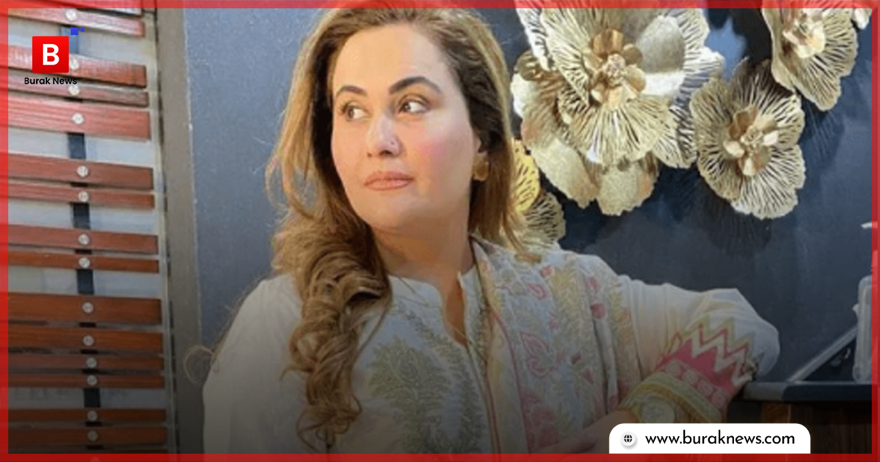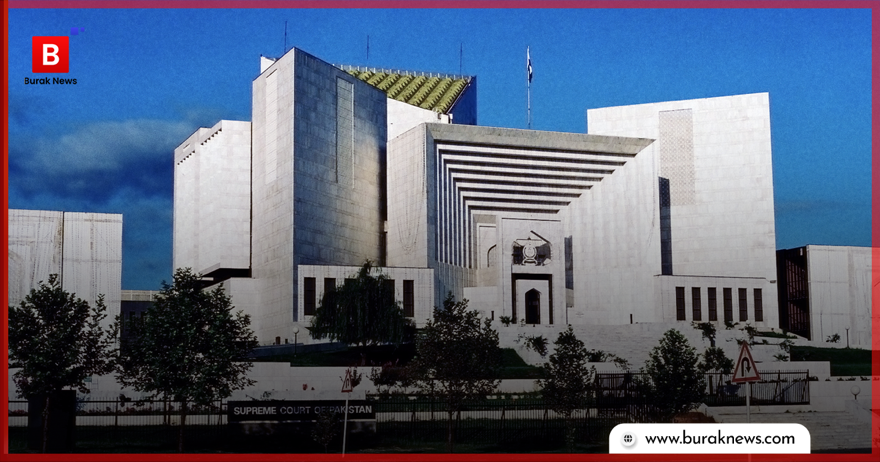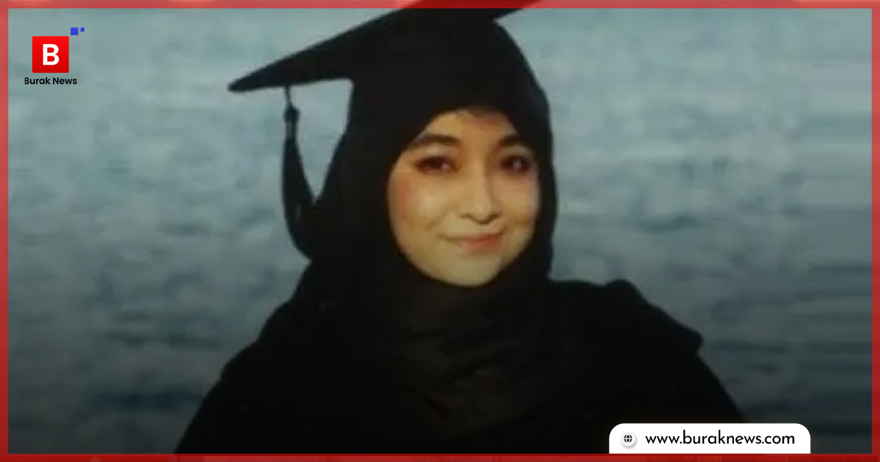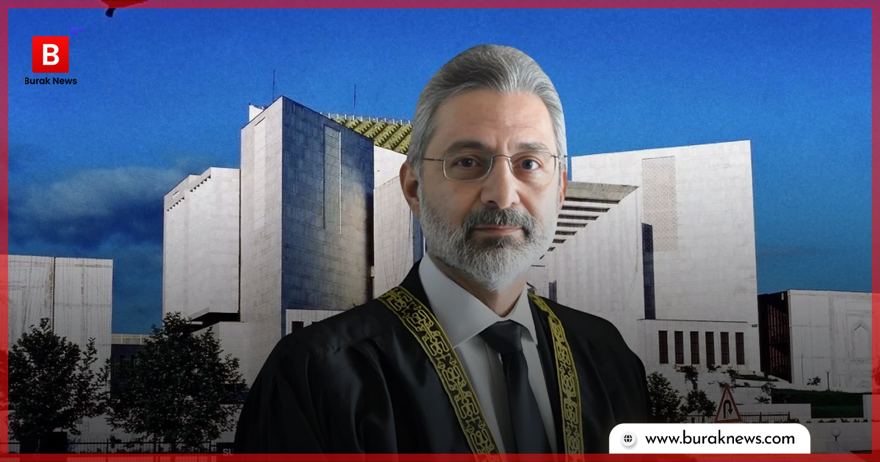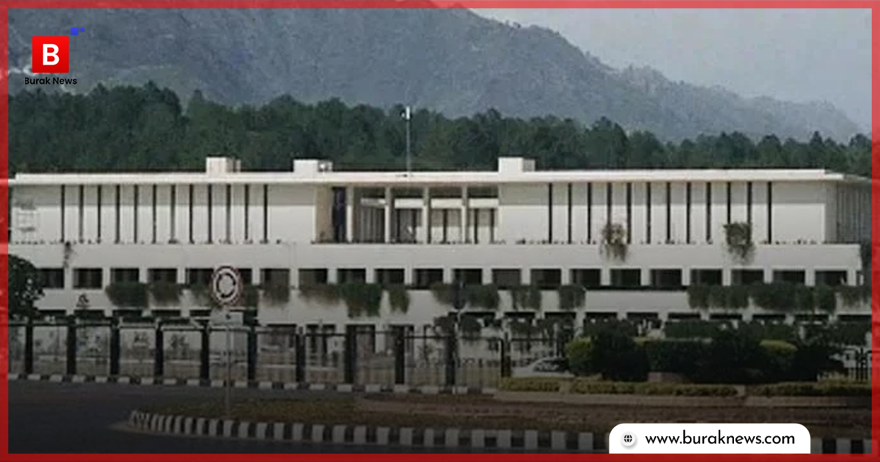Literary giants launch mass boycott of Israeli cultural institutions
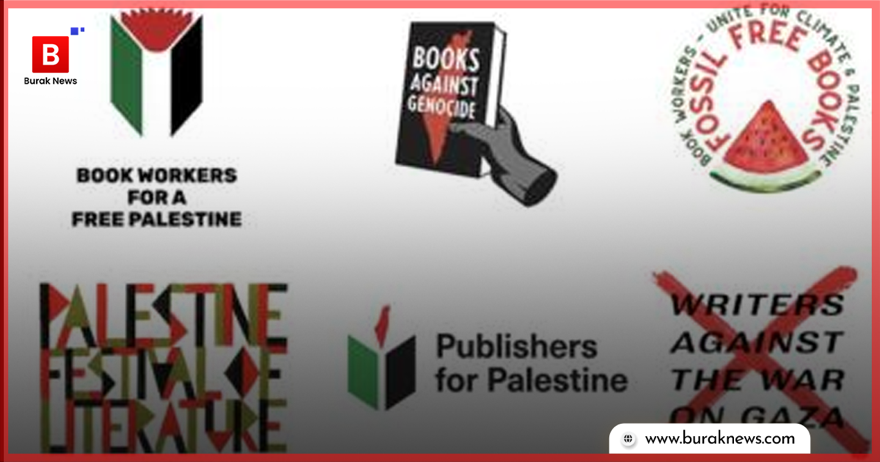
More than 1,000 authors, among them laureates of the Nobel, Booker, Pulitzer, and National Book Awards, announced a boycott on Monday of Israeli cultural institutions over concerns that these organizations are either complicit in or unresponsive to the treatment of Palestinians.
An open letter was signed by prominent authors like Sally Rooney, Arundhati Roy, Jhumpa Lahiri, Rupi Kaur, William Dalrymple, Rachel Kushner, and Pakistani writers including Fatima Bhutto, Mohsin Hamid, Saba Imtiaz, Ayesha Manazir Siddiqi, and Kamila Shamsie. These writers vowed to avoid working with Israeli publishers, festivals, and agencies that they believe are disregarding Palestinian rights.
The letter specifically called out institutions that have not publicly recognized Palestinian rights as defined by international law or have engaged in discriminatory practices. A complete list of signatories was also shared publicly.
Following the boycott’s announcement, several groups voiced opposition. UK Lawyers for Israel (UKLFI) argued in a letter to several professional associations that the boycott discriminates against Israeli entities and could carry legal risks.
In response, Omar Robert Hamilton, co-founder and festival director of PalFest, criticized the UKLFI’s letter, stating that it shows a lack of meaningful arguments from supporters of Israel.
On Tuesday, another letter appeared, signed by over 1,000 public figures who argued that such boycotts undermine freedom of expression. Released by Creative Community For Peace (CCFP), this letter included signatories such as Lee Child, Howard Jacobson, David Mamet, Nobel laureates Herta Müller and Elfriede Jelinek, as well as other figures in entertainment and academia.
The letter stressed that, regardless of one’s stance on the broader conflict, creative boycotts serve only to increase divisiveness and hostility. It called on the global community to support Israeli and Jewish publishers, authors, and organizations that choose to uphold free speech rather than comply with what they called identity-based censorship.
The original boycott letter was part of an effort by the Palestine Festival of Literature (PalFest) along with advocacy groups. The letter highlighted significant conflict casualties, citing that at least 43,362 Palestinians have died in Gaza since October of the prior year.
It concluded by underscoring the role of cultural institutions in what it described as normalizing systemic injustices and called for other writers and editors to join in taking a stand against longstanding displacement and oppression.
